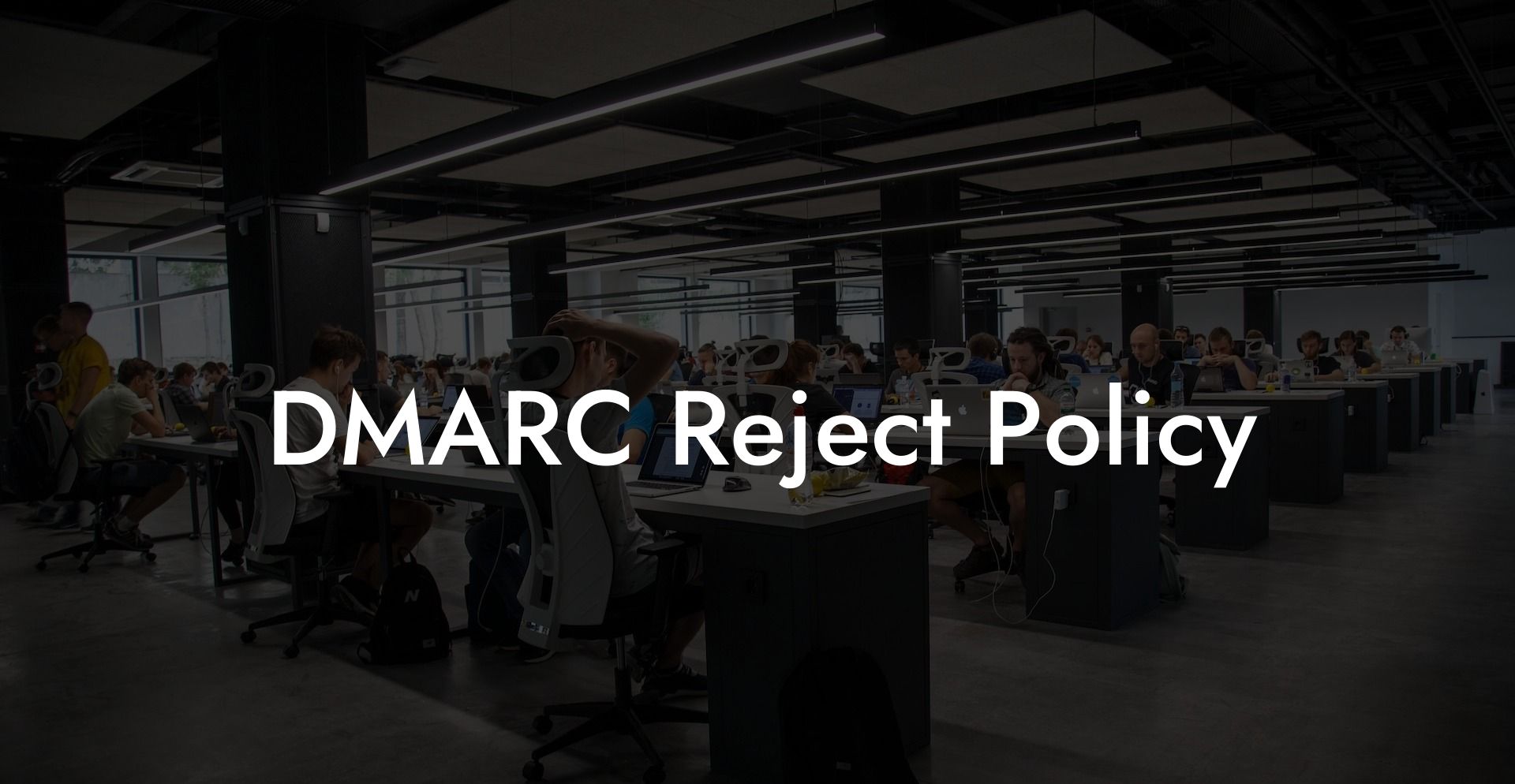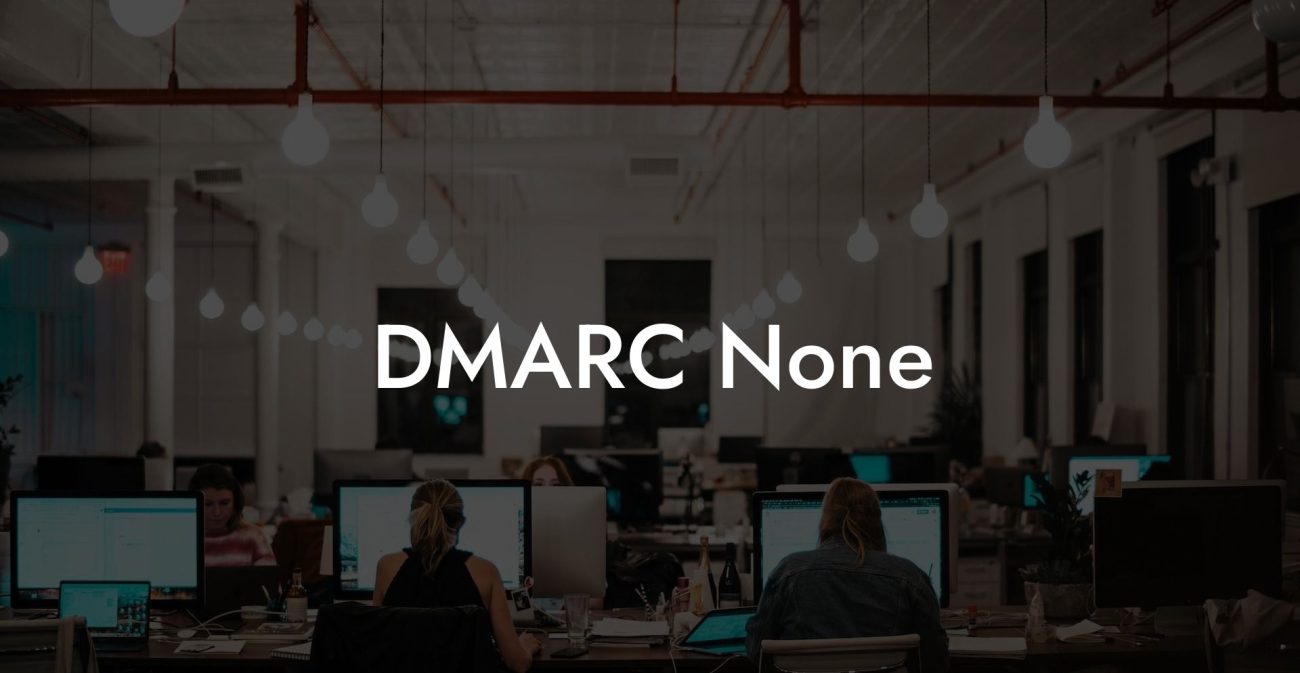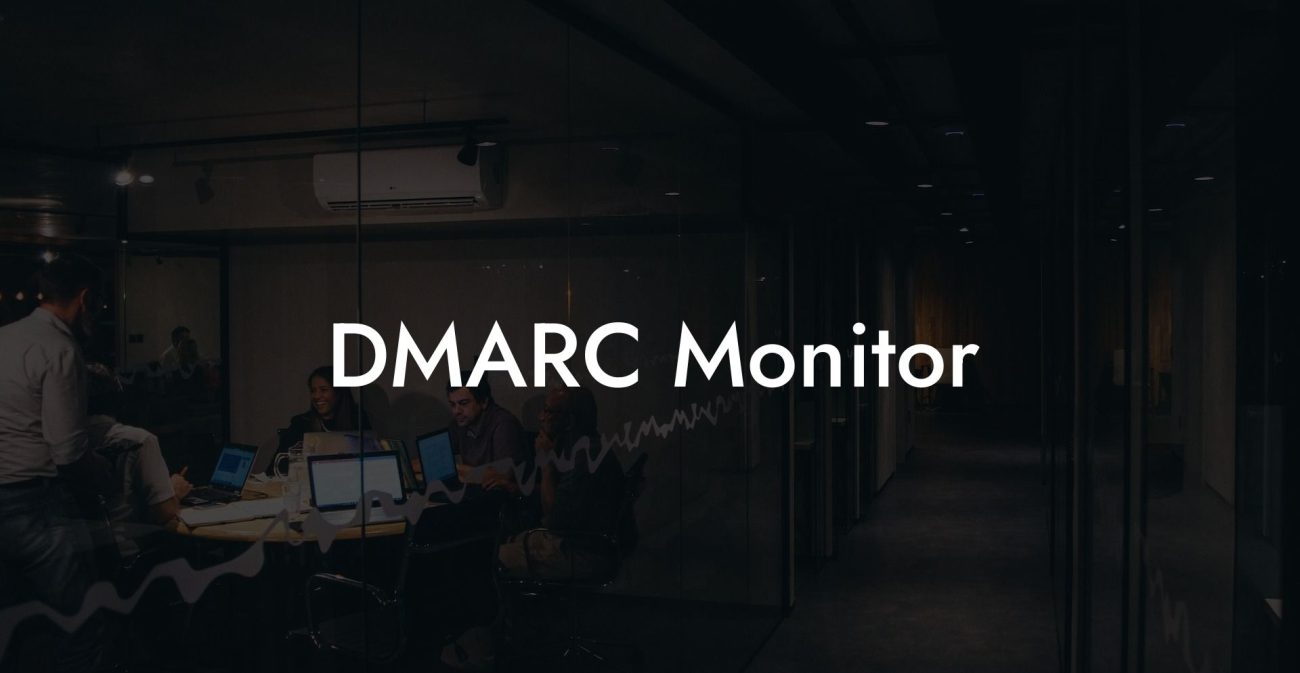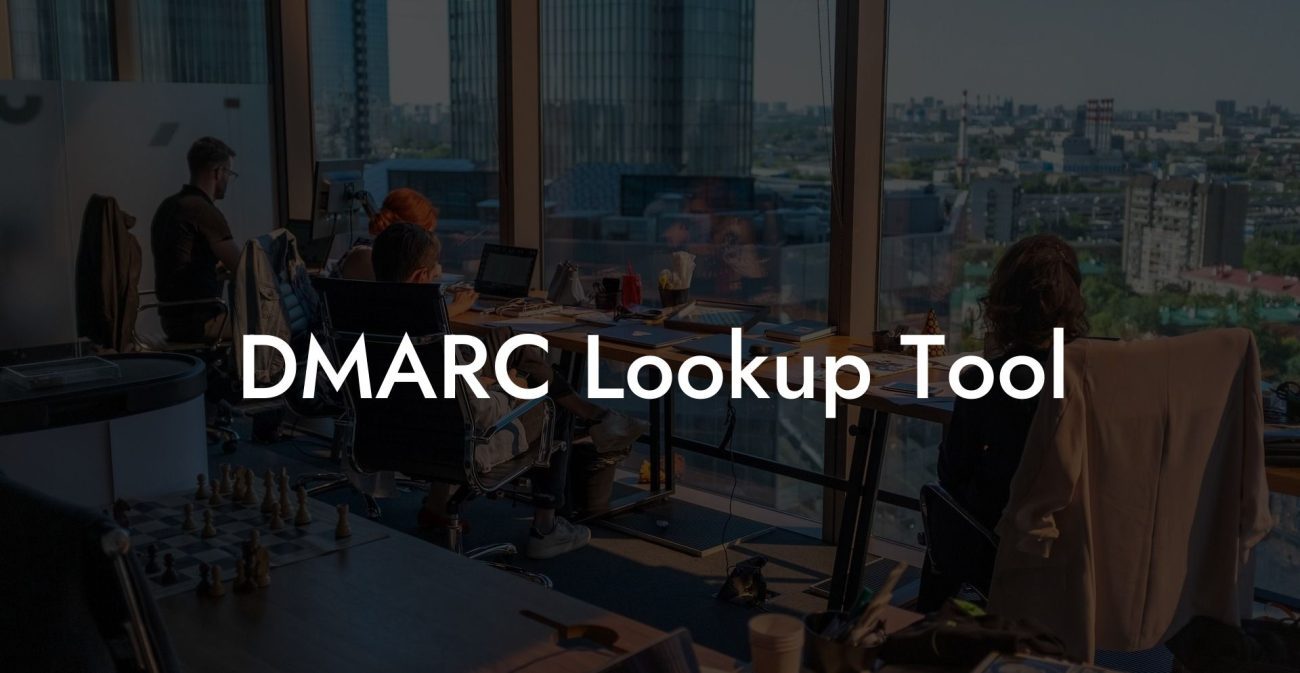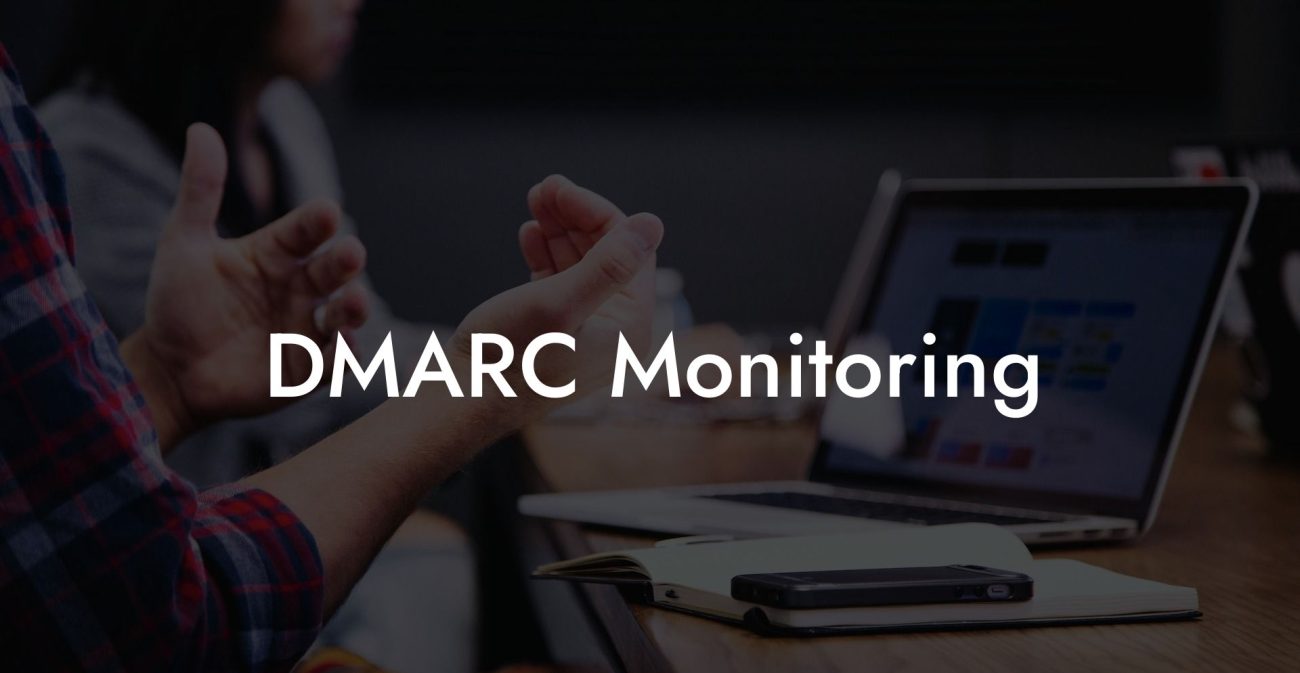In today's digital age, email remains one of the primary methods of communication for personal and professional use. Unfortunately, with the rise of email comes the increase in email-based threats such as phishing attacks and spoofing. In response to this growing threat, a key email security protocol - DMARC - has come into the spotlight. One essential component of DMARC is the Reject Policy, which can significantly enhance email security. In this article, we will dive into the intricacies of DMARC Reject Policy, its benefits, and how it acts as a crucial defense mechanism against cyber-attacks.
DMARC Reject Policy Table of Contents
What is DMARC?
Domain-based Message Authentication, Reporting, and Conformance (DMARC) is an email security protocol that helps protect organizations and individuals from cyber-attacks, particularly phishing and spoofing attempts. Developed in 2012, DMARC builds upon two existing email authentication mechanisms, SPF (Sender Policy Framework) and DKIM (DomainKeys Identified Mail), to create a comprehensive security solution.
Understanding DMARC Policies
Protect Your Data Today With a Secure Password Manager. Our Top Password Managers:
DMARC policies define how receiving mail servers should handle emails that fail to meet DMARC authentication standards. There are three primary DMARC policies: None, Quarantine, and Reject.
- None: This policy merely monitors incoming emails and provides the sender with reports on messages failing DMARC authentication. It doesn't alter the existing processing of incoming emails.
- Quarantine: When an email fails DMARC authentication, this policy places it in a separate folder (usually the "Spam" or "Junk" folder) rather than the recipient's inbox. This ensures further examination of the email before it is read by the recipient.
- Reject: With this policy in place, the receiving mail server outright rejects and blocks any email that fails DMARC authentication, preventing it from reaching the recipient's inbox altogether.
The Importance of DMARC Reject Policy
DMARC Reject Policy is the most stringent and secure policy among the three options. Implementing a Reject Policy ensures that only authenticated and authorized emails reach recipients' inboxes, thus helping avoid phishing attempts and domain spoofing. Here are some of the key benefits of adopting a DMARC Reject Policy:
- Improved email deliverability: Ensuring only authorized emails are delivered to inboxes increases the likelihood of legitimate emails getting through, thus improving overall email deliverability.
- Reduced email fraud: By blocking unauthenticated emails, a Reject Policy helps protect senders' domains from being spoofed or hijacked by cybercriminals.
- Better email reputation: DMARC Reject Policy minimizes the chance of an organization's email domain being used in phishing and other malicious activities, thereby improving its email reputation.
- Greater visibility and control: Implementing DMARC Reject Policy provides organizations with more control over their email domain and offers better insight into its usage.
DMARC Reject Policy Example:
Imagine a financial institution called Bank A, which regularly communicates with its customers via email. Cybercriminals seize the opportunity to exploit Bank A's clients by impersonating their email domain and sending fraudulent emails.
Bank A implements DMARC Reject Policy, which means any emails impersonating their domain and failing DMARC authentication will not be delivered to their customers' inboxes. This decreases the likelihood of successful phishing attacks, protects Bank A's email reputation, and ensures their legitimate emails are more likely to be delivered.
Protecting your email communications is a vital component of overall cybersecurity. Implementing DMARC Reject Policy can provide robust protection against email fraud, domain spoofing, and phishing attacks, which could ultimately save your organization from financial loss, reputation damage, and a host of other cybersecurity issues. Share this informative guide on DMARC Reject Policy with others to help spread the word about this essential email security measure. Don't forget to explore other guides on Voice Phishing for more knowledge and best practices on enhancing cybersecurity for your organization.
Protect Your Data Today With a Secure Password Manager. Our Top Password Managers:

